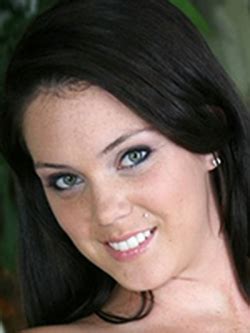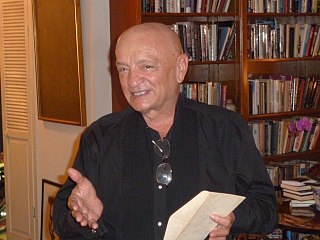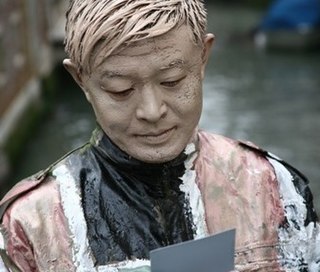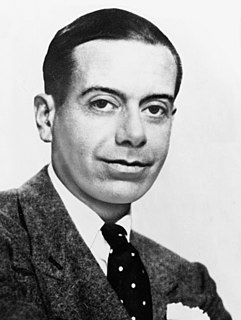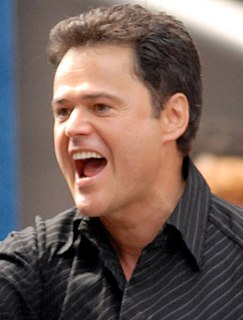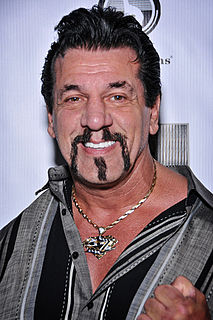A Quote by Alison Tyler
Editing is such a voyeuristic treat for me. I land on a theme and ask authors to pen works that fit the topic.
Related Quotes
I watched a lot of movies from all over the world. The Russians were very good at editing. They were specialists in editing. The Man with a Camera, if you know that movie, is incredible. I still don't understand how it works. It's a movie with no script, no actors and still it works. It's really good. It's really about editing.
I write on a computer, but I've run the complete gambit. When I was very young, I wrote with a ballpoint pen in school notebooks. Then I got pretentious and started writing with a dip pen on parchment (I wrote at least a novel-length poem that way). Moved on to a fountain pen. Then a typewriter, then an electric self-correct. Then someone gave me a word processor and I was amazed at being able to fit ten pages on one of those floppy discs.
You must stop editing--or you'll never finish anything. Begin with a time-management decision that indicates when the editing is to be finished: the deadline from which you construct your revisionary agenda. Ask yourself, 'How much editing time is this project worth?' Then allow yourself that time. If it's a 1,000-word newspaper article, it's worth editing for an hour or two. Allow yourself no more. Do all the editing you want, but decide that the article will go out at the end of the allotted time, in the form it then possesses.
It's possible to think of photography as an act of editing, a matter of where you put your rectangle pull it out or take it away. Sometimes people ask me about films, cameras and development times in order to find out how to do landscape photography. The first thing I do in landscape photography is go out there and talk to the land - form a relationship, ask permission, it's not about going out there like some paparazzi with a Leica and snapping a few pictures, before running off to print them.
I write in pen because it works. A fountain pen is no good for writing in the way I do because I'd have to decide, each time I stopped, how long I was likely to stop for in order to know whether or not to put the cap on. But I never know. So instead, I use a ballpoint - a Montblanc, to be precise - the most comfortably balanced pen I've ever found.
Living authors, therefore, are usually, bad companions. If they have not gained character, they seek to do so by methods often ridiculous, always disgusting; and if they have established a character, they are silent for fear of losing by their tongue what they have acquired by their pen--for many authors converse much more foolishly than Goldsmith, who have never written half so well.
